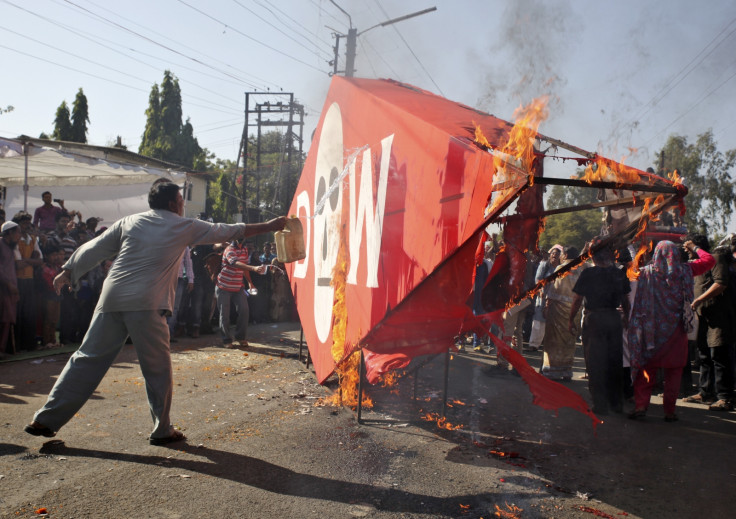Bhopal gas tragedy: India begins clandestine operation to dispose of tonnes of toxic waste

About 10 tonnes of toxic waste from the Union Carbide factory, which caused the Bhopal gas tragedy in 1984, are being disposed of secretly in the central Indian state of Madhya Pradesh so as to void a public outcry.
The waste is being burnt at a private incineration facility in Dhar district, Madhya Pradesh, in line with a Supreme Court verdict in 2012.
The burning of the hazardous waste is strongly opposed by environmentalists and locals in the area reportedly forcing the government to take the covert route.
Neatly-packed waste materials were transported in heavy trucks to Dhar district two weeks ago. The packaging and transportation operations were wrapped up in a single day instead of the scheduled three days to avoid protesters.
"The trial run [burning the waste] began on Thursday [13 August] and is expected to be completed in five days," a local government official, who is aware of the matter, told the Indian daily Hindustan Times.
The gas leak on 2 December, 1984 was one of the worst industrial disasters in the last century killing more than 3,700 people. Activists put the death toll as high as 10,000.
At least 350 tonnes of lethal toxic waste are sitting at the Union Carbide facility since the gas tragedy.
Environmentalists argue the waste disposal plant in Pithampur in Dhar district is not equipped to handle such toxic waste. A German firm offered to dispose of the waste in Germany but was later forced to retract following protests in Europe by NGOs.
© Copyright IBTimes 2025. All rights reserved.






















